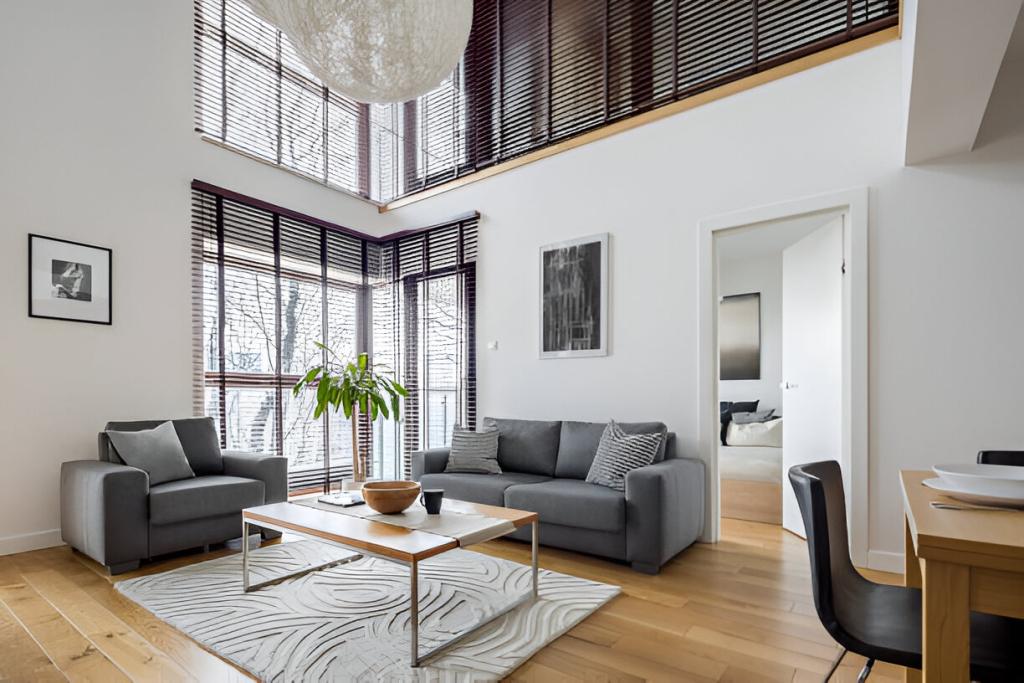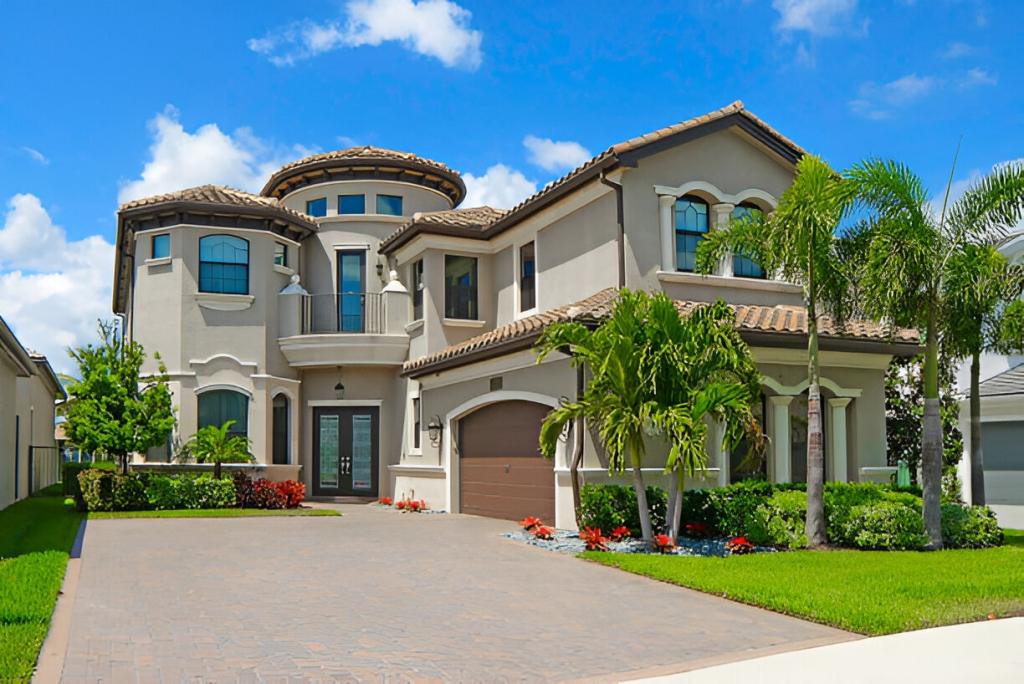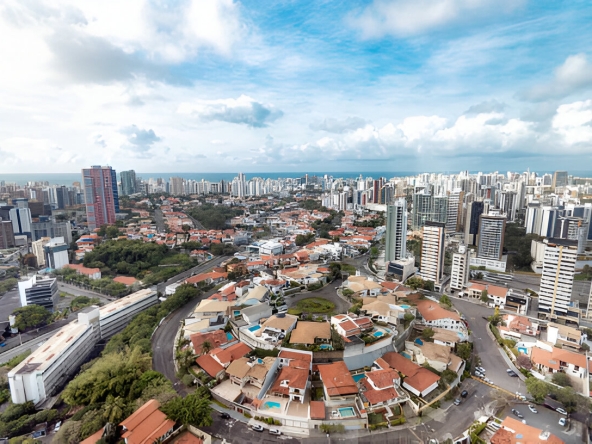The work-from-home (WFH) trend has reshaped lifestyles worldwide, and Malaysia is no exception. With more professionals working remotely, housing preferences across the nation are shifting to meet the demands of this new lifestyle. This article explores how these changes are influencing Malaysia’s housing preferences and what homebuyers and developers are focusing on in this evolving market.
Adapting Living Spaces for Work-from-Home Needs
Remote work has turned homes into multifunctional spaces, and Malaysians are adapting quickly. Many are prioritizing properties that offer flexible layouts, allowing for the integration of dedicated home offices or work-friendly corners. Open-concept living areas that can be restructured to fit both work and leisure are increasingly sought after.
Another major trend is the demand for better soundproofing. With virtual meetings now a daily routine, Malaysians are favoring homes that minimize noise disturbances, ensuring a professional environment during work hours.

Urban vs. Suburban Preferences in Malaysia
The rise of remote work is driving more Malaysians to consider suburban areas over city centers. Suburbs offer larger properties and quieter neighborhoods, making them ideal for those seeking comfort and space for WFH arrangements. These areas are also often more affordable, appealing to younger buyers entering the housing market.
However, some urban dwellers continue to favor city living, provided their homes are equipped with WFH essentials. Condominiums with shared co-working spaces and reliable internet access are especially popular among remote workers.
Features Malaysians Want in WFH-Friendly Homes
Malaysians are now seeking homes with specific features tailored to the WFH lifestyle:
- High-speed internet connectivity: Reliable Wi-Fi has become a non-negotiable for remote work.
- Ample natural light: Homebuyers prefer properties with large windows and well-lit interiors for increased productivity.
- Energy efficiency: Cost-effective solutions, like solar panels or energy-saving appliances, are becoming a priority.
- Outdoor spaces: Balconies, gardens, or patios offer a relaxing escape after long workdays.
- Integrated smart technology: Voice-activated devices, smart locks, and automated lighting add convenience to daily routines.

Housing Preferences Among Malaysian Families
For families, the WFH trend has prompted a reevaluation of housing needs. Many are prioritizing homes with separate spaces for children and work, enabling better work-life balance. Properties with multiple bedrooms and open play areas are highly desirable for those with growing families.
Additionally, parents are considering homes near quality schools or within communities that support childcare needs. Proximity to these amenities helps manage the challenges of remote work while caring for children.

The Role of Developers in Meeting WFH Demands
Real estate developers in Malaysia are responding to shifting housing preferences by redesigning properties to suit remote work trends. Many are incorporating co-working spaces, gyms, and recreational facilities into new projects to attract buyers who value lifestyle integration.
Developers are also focusing on sustainable designs, which align with the increased time spent at home. Energy-efficient buildings not only reduce utility costs but also cater to environmentally conscious Malaysians. For more on green building initiatives, visit Malaysia’s Green Technology Corporation.
Benefits of Suburban Living for Remote Workers
Many remote workers in Malaysia are embracing suburban living for its range of advantages:
- Larger properties: Suburban homes often feature extra bedrooms and outdoor spaces ideal for WFH setups.
- Peaceful environment: Reduced noise levels enhance focus and productivity.
- Affordable options: Lower property prices compared to city centers appeal to young professionals.
- Community-focused living: Suburban areas frequently offer strong community ties and family-friendly activities.

Policies Supporting Work-from-Home Housing Trends
The Malaysian government has recognized the significance of remote work and its impact on housing. Programs such as MyHome and Rumah Selangorku offer financial aid to make homeownership more accessible for citizens seeking larger properties in suburban areas. To learn more about these initiatives, check out the National Housing Department’s official website.
Government-backed broadband infrastructure projects, like JENDELA, also ensure reliable high-speed internet access across urban and rural areas. For detailed updates on this initiative, visit MCMC’s website.
Finding Your Ideal Work-from-Home Home
As work-from-home trends continue to influence Malaysia’s housing preferences, it’s crucial to prioritize your unique needs when selecting a property. Whether you value suburban serenity, city conveniences, or specific WFH features, there are diverse options available to meet your requirements.
Looking for expert advice? Contact Explore Malaysia to discover homes that perfectly align with your lifestyle.







